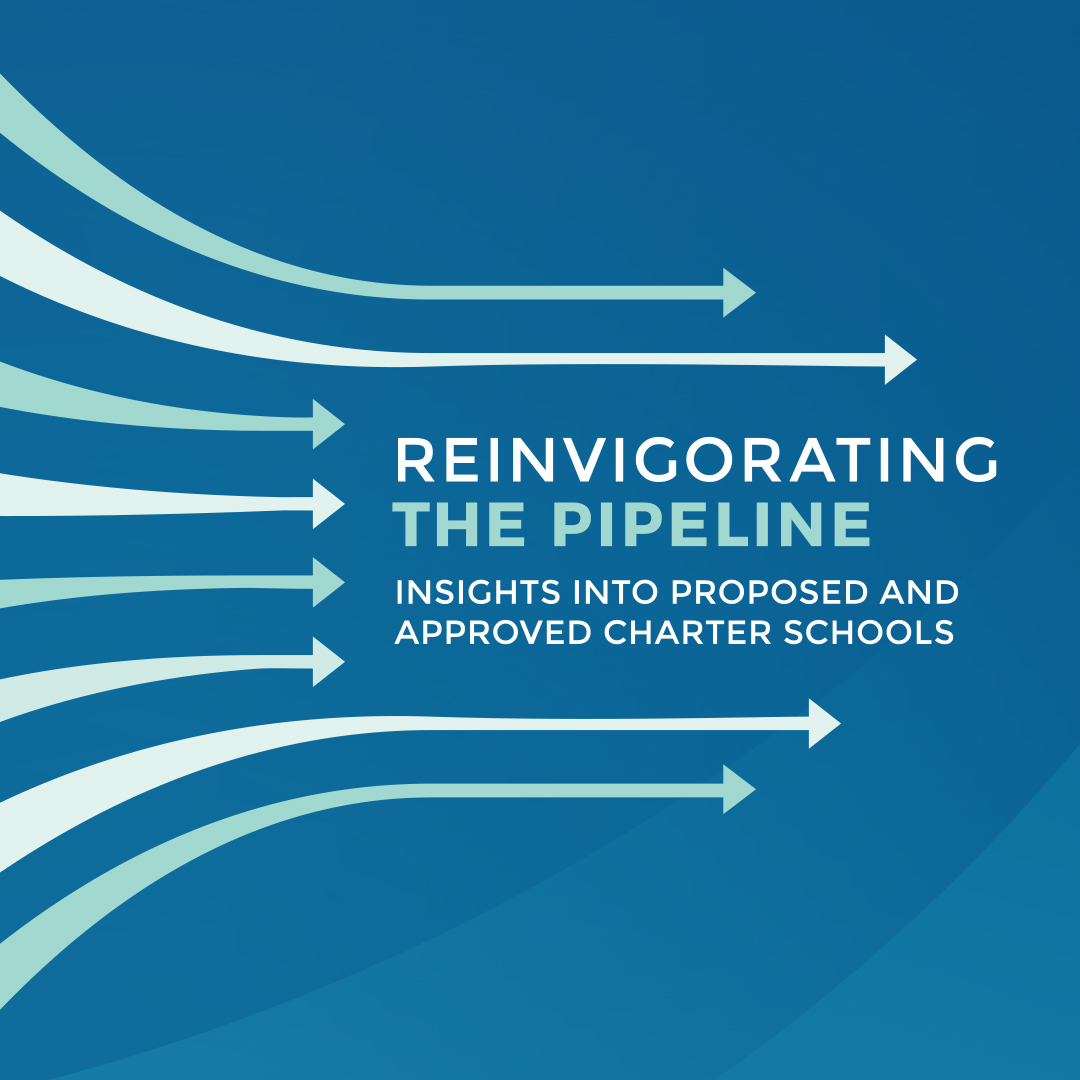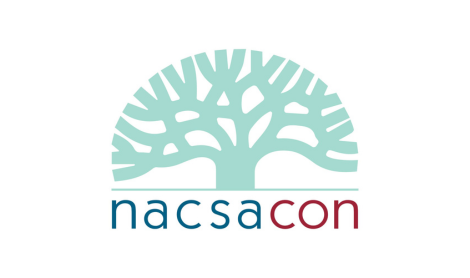NACSA Blog
Press Releases
 |
Multi-State Analysis of Charter School Proposals and Approvals Reveals a Diverse Sector Shaped by AuthorizersReport uncovers increased share of freestanding school proposals, decrease in for-profit and “No Excuses” proposals, and few proposals receive philanthropic support. CHICAGO — A new report released today by the National Association of Charter School Authorizers (NACSA) offers a never-before-seen … |
 |
New Digital Campaign Highlights the Need to Improve Charter School AuthorizingNew explainer videos demystify the role of charter school authorizers, which remains largely misunderstood 25 years into the charter school movement. The critical role authorizers play in determining the overall quality of … |
 |
NACSA CEO Testifies to Congress on Power of Charter School AuthorizingOn June 13, 2018, NACSA President and CEO Greg Richmond and a select panel of education reform leaders will testify in front of the House Education and Workforce Committee on the value of charter … |
 |
NACSA Testifies on CA Authorizing Bill SB 1362Today, the National Association of Charter School Authorizers (NACSA) Policy Director Veronica Brooks-Uy will testify before the California Senate Education Committee on SB 1362, a bill that addresses charter school authorizing issues … |
 |
New Report Identifies What Charter School Authorizers Do Differently to Achieve High-Performing PortfoliosNew report finds successful authorizing depends on great leadership, institutional commitment, and strong professional judgment CHICAGO — Today, the National Association of Charter School Authorizers (NACSA) releases “Leadership, Commitment, Judgment: Elements of … |
 |
Continuing Conversations on Multiple MeasuresAt NACSA, we work to ensure students and communities—especially those who are historically under-resourced—thrive. Thriving means different things for different students, schools, and communities. And to ensure we capture the value a … |
 |
NACSA Names Elisa Westapher Chief Development & Business OfficerM. Karega Rausch, Ph. D., president and CEO of the National Association of Charter School Authorizers (NACSA), announced today that Elisa Westapher will serve as NACSA’s chief development and business officer. “NACSA … |
 |
Statement from M. Karega Rausch, Ph. D., NACSA President & CEO on the recent Supreme Court decision to deny certiorari in Peltier vs. Charter Day SchoolThe decision by the United States Supreme Court to not take up the Peltier vs. Charter Day School case means the ruling from the U.S. Court of Appeals for the Fourth Circuit … |
 |
New CREDO Study Affirms Authorizing’s Role in Transforming Public EducationNACSA’s work to strengthen the ideas and practices of authorizing so communities—especially those historically under-resourced—thrive was affirmed in the new National Charter School Study III 2023 from the Center for Research on … |
 |
NACSA statement on St. Isadore application in OklahomaThe decision from the Oklahoma Statewide Virtual Charter School Board (SVCSB) to approve an application to establish the St. Isidore of Seville Catholic Virtual School as a religious charter school is inconsistent … |
 |
NACSA Statement on U.S. Solicitor General Brief on Peltier v. Charter Day SchoolThe National Association of Charter School Authorizers (NACSA) agrees with the recent brief from Solicitor General Elizabeth Prelogar who affirmed that charter schools are public schools. The Solicitor General’s brief is consistent with the ruling from … |
 |
Helping You Bust 3 Charter School MythsAuthorizers play a critical role in working with communities to create those opportunities where students thrive. That’s why NACSA is committed to a more diverse, thriving profession resulting in better and more … |
 |
Why You Should Attend NACSACon 2023NACSACon is more than just an authorizing conference; it is a leadership conference. Whether you’ve been in charter school authorizing for 20+ years, or are just starting out, the content at NACSACon … |
 |
2023 Performance Framework GuidancePerformance Frameworks are the accountability mechanism at the center of the charter school/authorizer relationship, and Performance Frameworks are the means by which authorizers establish performance expectations for schools that are responsive to … |
 |
Nexus at NACSAPractice + People = Excellence For more than two decades, NACSA has been the leading source for authorizing best practice, backed by research and experience. And as schooling evolves, authorizing is also … |